The province currently has 16 water supply plants with a total designed capacity of 137 thousand m3/day, the current exploitation capacity is about 89 thousand m3/day. Notably, recently, DNP Water Investment Joint Stock Company proposed to the province a plan to implement 2 projects including a clean water supply plant in Song Lo district with a total expected design capacity of 100 thousand m3/day; a wastewater treatment plant in Phuc Yen city with a capacity of 49 thousand m3/day to meet the needs of clean water supply and wastewater treatment in the province.
Identifying the protection of water resources and the effective use of water resources as the responsibility of the production unit, Song Hong Clean Water Factory, Vinh Tuong District has built a clean water recycling factory; installed modern equipment in the production process, thereby minimizing the amount of water discharged into the environment. At the same time, the factory coordinates with local authorities to promote propaganda to raise people's awareness of protecting water resources, ensuring clean water sources that meet standards to serve the people. Currently, the factory provides clean water to nearly 6,000 customers in Vinh Tuong District.
Faced with the impact of global climate change, rapid urbanization has increased the demand for water. Meanwhile, traditional water sources from rivers, lakes, and groundwater are under great pressure due to declining flow, water quality, and renewable capacity. Dependence on surface water sources, combined with an unsynchronized water supply and drainage infrastructure in many places, increases the risk of local water shortages, especially in the dry season or when natural disasters occur.
Therefore, the province has developed a project to ensure water security, safety of dams and reservoirs for the period up to 2030, with a vision to 2045; diversifying the attraction of investment resources for key projects linking and connecting inter-provincial and inter-regional water sources; implementing solutions to save water, reuse water, closely monitor and supervise the use of domestic and production water to reduce loss and waste; investing in wastewater treatment technology, reusing water sources to help reduce pressure on the water supply system; applying new, advanced, modern and smart technologies to serve water resource management.
Along with that, guiding people to use water economically, effectively and safely; promoting the water saving movement in schools, offices and families. Communication campaigns on "each drop of water - a future" or "clean water for the next generation" have contributed to changing water usage behavior in the community. Wastewater classification at the source and water reuse in daily activities are also gradually becoming green living habits of people.
In order to increase the proportion of rural households using clean water that meets standards from centralized water supply works, contributing to protecting people's health, the Provincial People's Committee issued Document No. 3589 dated May 9, 2025 on urging the implementation of the policy of supporting water prices for rural people using water from centralized clean water works.
Accordingly, communes and towns in ethnic minority and mountainous areas (according to Central regulations) are supported with 80% of the water price approved by competent authorities; for the remaining communes and towns in the province, 40% of the water price approved by competent authorities is supported. Up to now, 100% of rural households maintain the use of hygienic water; 82.47% of households use clean water that meets standards.
Towards the goal of 100% of the urban population using clean water by 2030, and 85% of the rural population using clean water, the province has developed a plan to develop the water supply network; ensuring water security and water quality for people's lives in all situations.
Continue to implement projects that have been approved for investment policies, encourage businesses to invest in clean water supply in rural areas; improve the operational efficiency of existing underground water plants; apply science and technology, digital transformation in ensuring water security; accelerate the improvement and restoration of degraded water sources and sustainable development of aquatic resources in river basins, streams and reservoirs.
Article and photos: Mai Lien
Source: http://baovinhphuc.com.vn/Multimedia/Images/Id/128577/Dam-bao-an-ninh-nguon-nuoc-thich-ung-voi-bien-doi-khi-hau


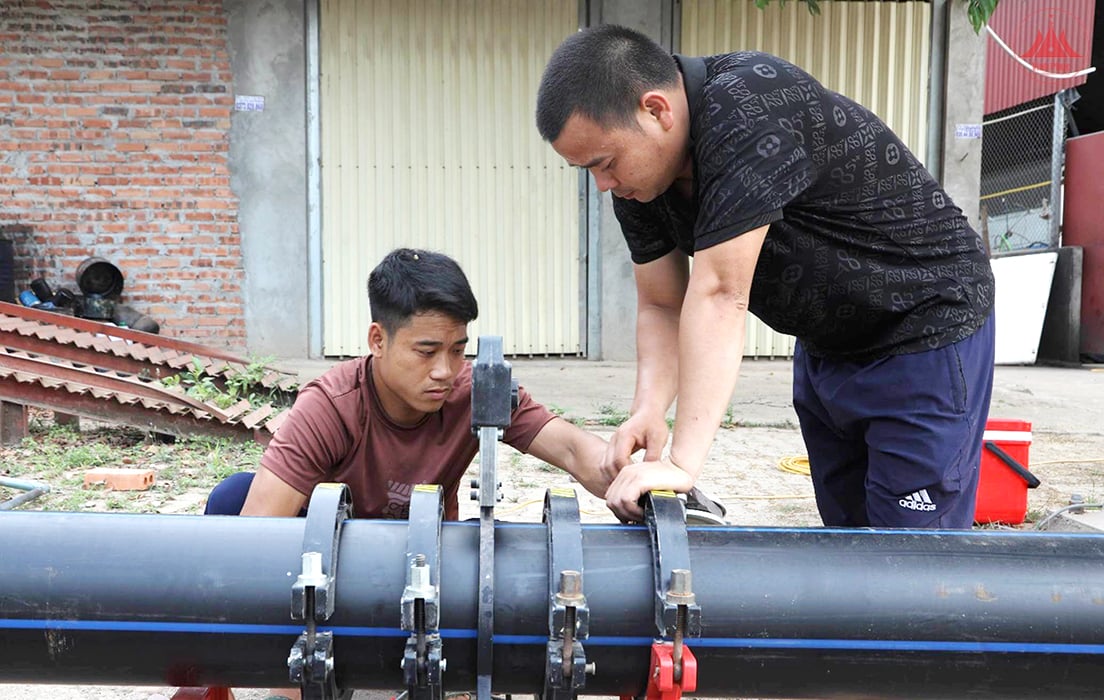

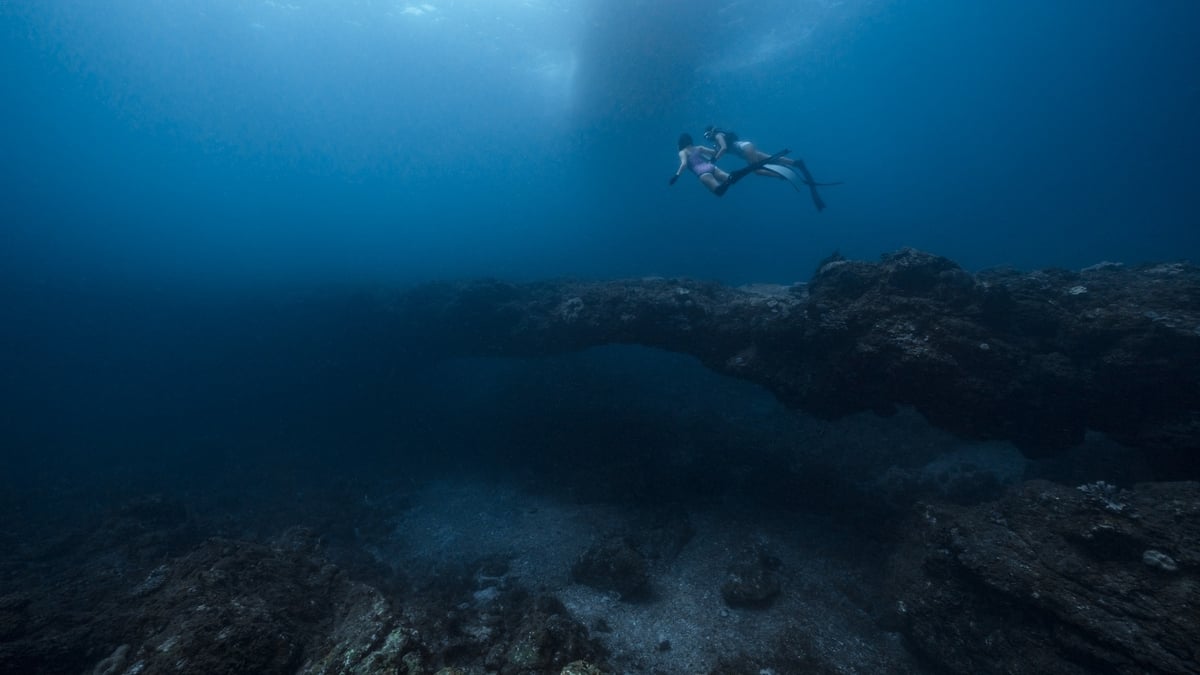
![[Photo] Prime Minister Pham Minh Chinh chairs conference to promote public investment growth momentum](https://vphoto.vietnam.vn/thumb/1200x675/vietnam/resource/IMAGE/2025/5/20/7d1fac1aef9d4002a09ee8fa7e0fc5c5)





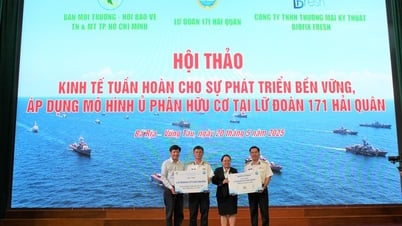

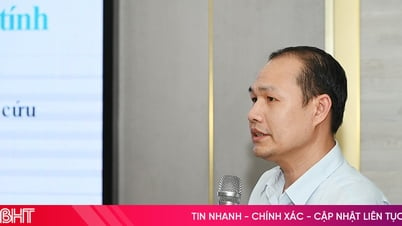



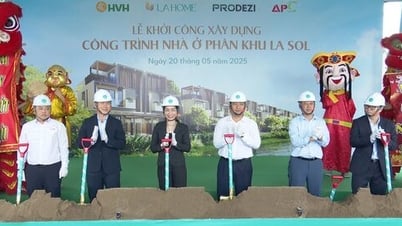
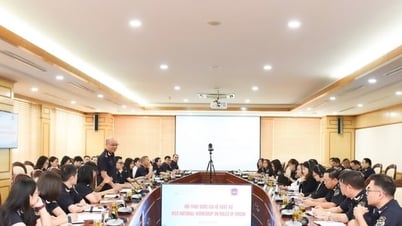





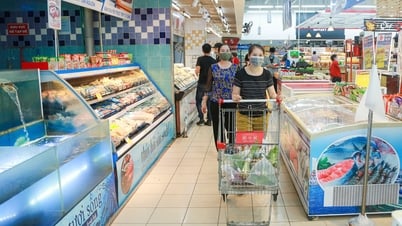



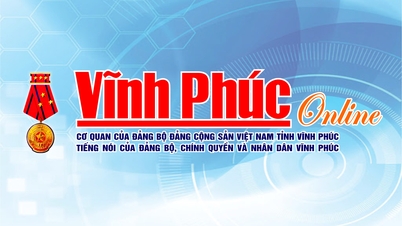






















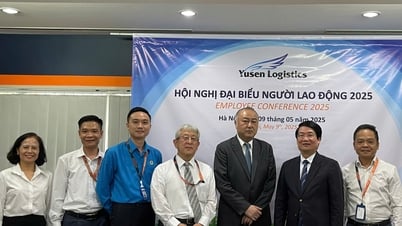







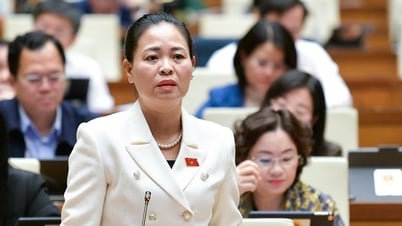
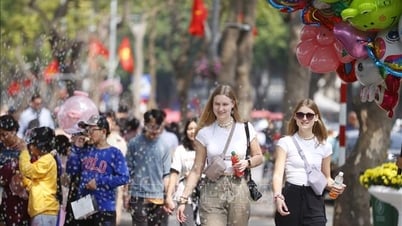




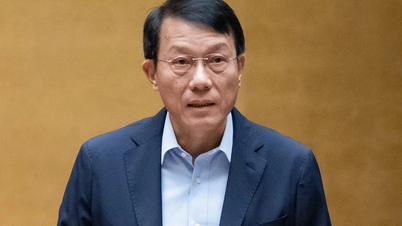


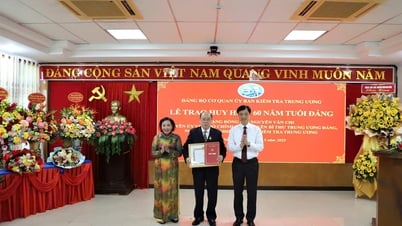

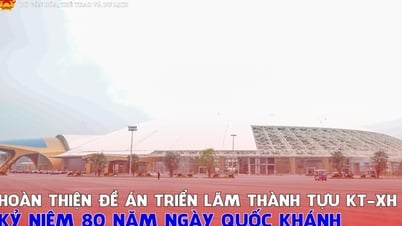

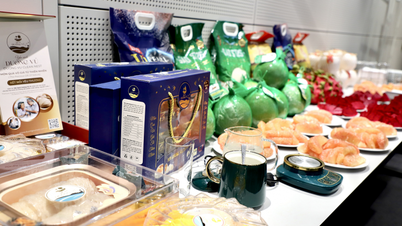

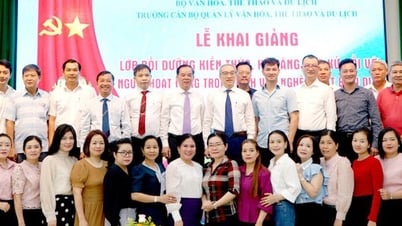

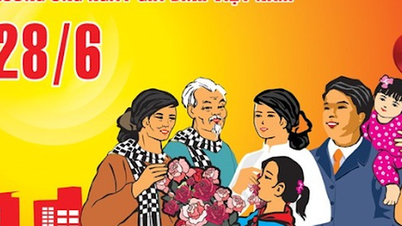
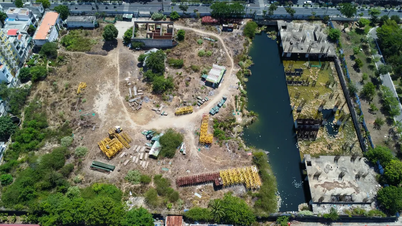

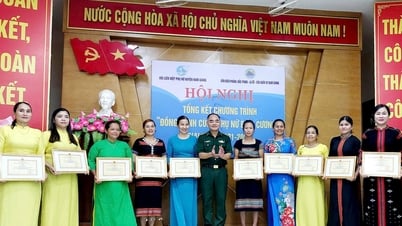
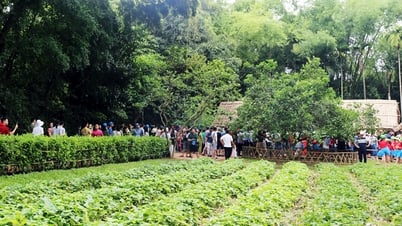

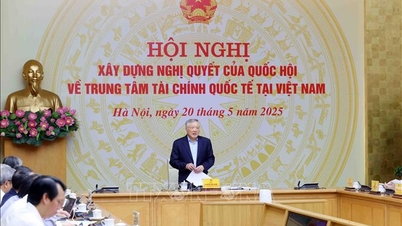

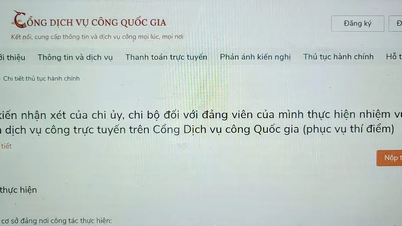
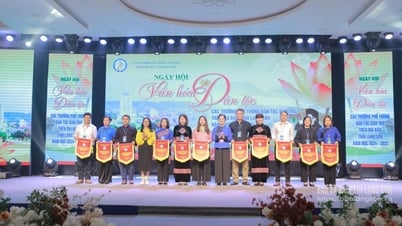











Comment (0)